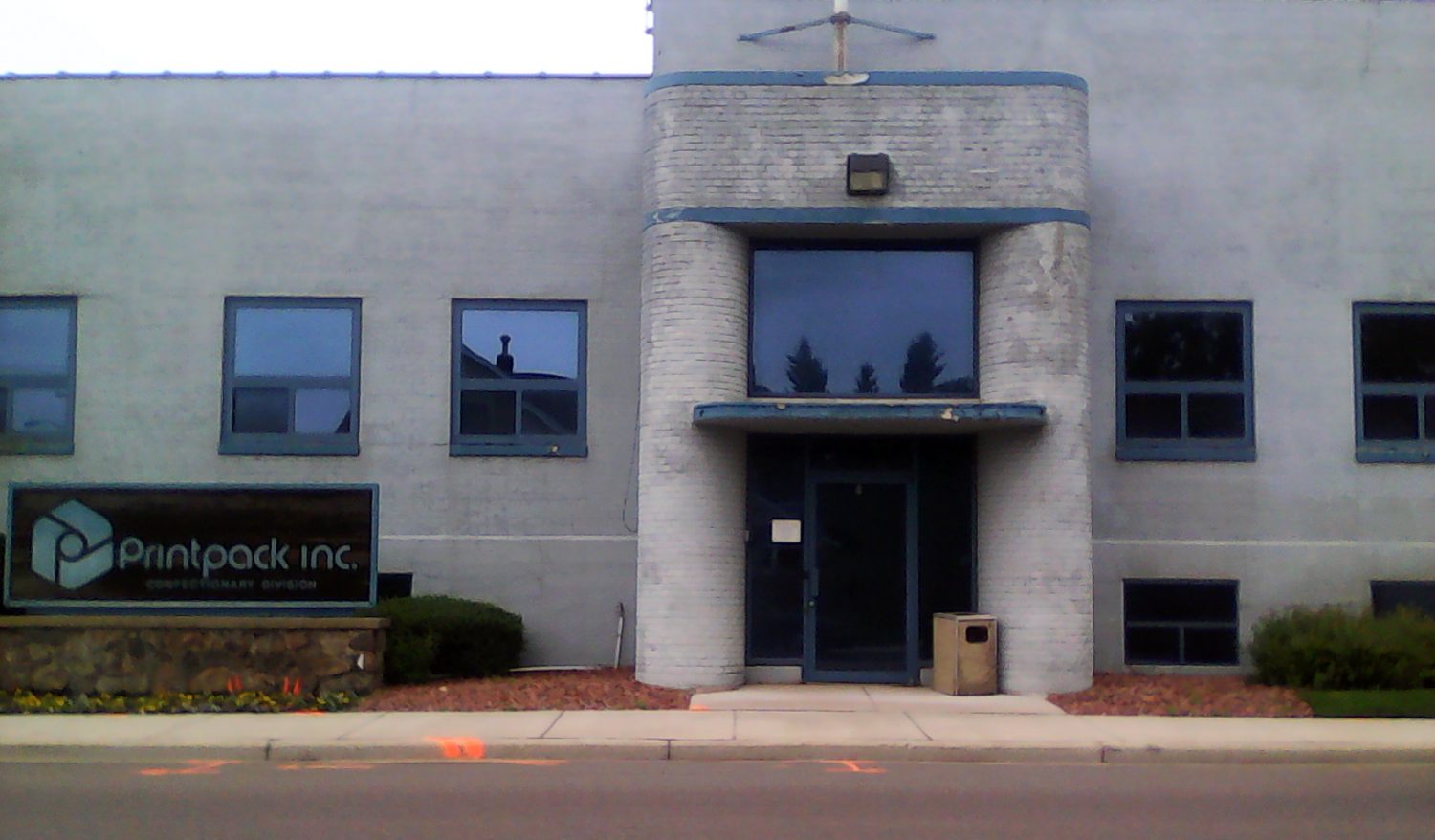Possible air quality remedy favored for UW-Extension workplace

Project to be funded half by county, half by airport
BY KEVIN BONESKE
REPORTER/PHOTOGRAPHER
In an effort to address complaints about fumes in the Rhinelander-Oneida County Airport basement, where the county’s University of Wisconsin-Extension office is located, the county’s Administration Committee agreed Friday to cover half the cost of work intended to do away with those fumes with the airport covering the other half and the county’s share not exceeding $10,000.
Committee member Billy Fried of Minocqua said the county’s share to do the work would be coming out a contingency fund and wouldn’t require full County Board approval to proceed.
For years, there has been an issue with how to handle situations when some UW-Extension staff members reported they were not able to work in the airport basement when they noticed the presence of fumes from diesel exhaust, which has been more prevalent during the winter months.
Diesel exhaust was confirmed in the airport basement, during time periods when a jet aircraft was on the ramp or baggage was being unloaded, in an “industrial hygiene survey” completed last February by Sharon Bessa of Bessa and Associates and Daniel Karamanski of the UW-Extension.
However, that survey also found the various emissions detected that could be related to diesel exhaust, such as nitrogen dioxide and carbon dioxide, did not exceed allowable federal limits for the workplace.
The county Conservation and UW-Extension Education Committee last year recommended that the UW-Extension office be moved out of the airport basement, but that proposal didn’t receive the financial backing from the Administration Committee and the full County Board.
The UW-Extension last year requested an “air evaluation study,” which was conducted by R.E. “Bear” Daniel of the architectural, engineering, environmental and planning firm ISG. Daniel traveled to the airport Nov. 23 to meet UW-Extension personnel and investigate the existing conditions while also receiving input from Extension employees regarding their perception of the objectionable fumes.
The study recommended a series of measures that includes:
- Completely enclosing the three heating, ventilation and air conditioning ducts located in the baggage tunnel where they traverse from the mechanical room to the northeastern-most storage room.
- Installing a pressurized air curtain at the point the baggage conveyor enters the tunnel.
- Installing an air filtering system on the HVAC ducts supplying air to the northern lower-level office and storage areas. This approach would be included if the recommendations for the baggage conveyer tunnel would not remove the objectionable fumes to an acceptable level.
The study also noted there is a chance that “under certain atmospheric conditions” objectionable fumes could travel over the wall that separates the parking lot area and the runways and get into the building’s HVAC air intake, though the study described the likelihood of that as a “rare occurrence.”
Facing an estimated price tag approaching $20,000 for work intended to get rid of the fumes, airport director Joe Brauer offered a 50-50 split of the costs between the county and the airport. Brauer noted he hopes the work could begin once the related equipment is ordered.
County 4-H/Youth Development agent Lynn Feldman, who heads up the UW-Extension office in the airport basement, said some employees are more sensitive than others to the presence of fumes. She noted one Extension employee affected by the fumes is now working at the courthouse.
Though there is no guarantee the work intended to improve air quality in the airport basement will eliminate the issue with the fumes, Feldman said she believes the project should help improve the situation.
The county’s Buildings and Grounds Department presently has a contract with the Airport Commission for a 20-year lease – which took effect March 1, 2015, and runs through Feb. 28, 2035 – for the UW-Extension to use 3,713 square feet downstairs at the airport. Though the county has been paying $40,000 annually for the lease, the contract could to be terminated with a six-month notice.
Leave a reply
You must be logged in to post a comment.




